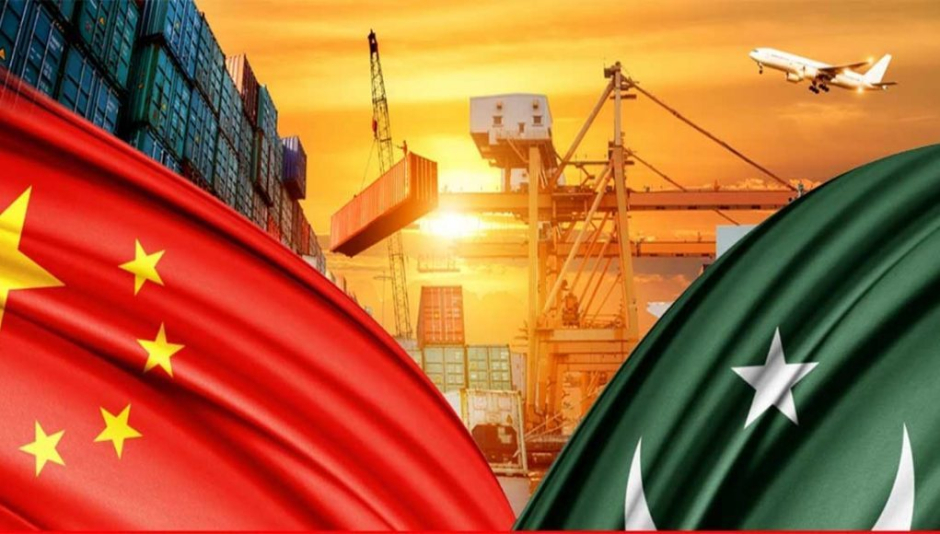Having undergone a recent re-constitution, the China Pakistan Economic Corridor (CPEC) Business Council is now proposing a list of new sectors and projects to be added under the umbrella of CPEC, including promotion of tourism and the establishment of big industries in Thar.
Over the course of the first meeting of the newly re-constituted council, it was suggested that new sectors and projects should be included in CPEC. The meeting was aimed at creating an interface between the government and business community and to propel industrial cooperation between Pakistan and China to higher levels so as to benefit both nations in the coming years.
Chaired by Advisor to the Prime Minister for Commerce and Investment Abdul Razzak Dawood, the meeting was attended by Minister of State/Chairman Board of Investment (BOI) Atif R. Bokhari, Chairman CPEC Authority Asim Saleem Baja, Secretary BOI Fareena Mazhar, and members of the council and BOI officials.
To start with, it was proposed that there should be an increased focus on petrochemical resources and their domestic production at competitive rates. This will naturally require the establishment of a petrochemical cracker, a large-scale project that should ideally be included under the umbrella of CPEC.
According to officials attending the meeting held on Thursday, it was also argued that the tourism sector held great potential for the future of Pakistan’s economy. Therefore, the sector should be promoted by offering a variety of incentives and financial support mechanisms.
It was further proposed that in order to make the country an attractive destination for investment, one window facilitation for economic zones should be made in place under one authority represented by all the concerned ministries.
Private sector representatives present in the meeting suggested that it would be a good idea to conduct RMB transactions in order to further facilitate and promote bilateral trade and investment with China. While the presence of business visas is crucial, progress should also be made in facilitating work visas for foreign experts.
Furthermore, it was recommended that infrastructure development such as manufacturing of hardware in the IT sector would help to grow, expand, and boost the economy. Pakistani institutes may take advantage of Chinese advancement in the IT sector by ensuring the transfer of technology.
The largely barren landscape of Thar was brought up during the meeting as an ideal place for the establishment of big industries like petrochemical and naphtha crackers. This is because the region possesses cheap and sustainable energy resources.
Industrial cooperation is largely viewed as a critical aspect of CPEC, and it is imperative that the government facilitate the development of infrastructure in special economic zones (SEZs) in Pakistan. More joint ventures should be established in SEZs to look for import substitutions and equal benefits offered to international players be extended to domestic investors. The meeting attendees agreed that financing for second phase of CPEC should be provided by Pakistan too, in the shape of incentives.
According to Mr. Dawood, CPEC is now moving along a new track of industrial and agricultural development which necessitates a more prominent role in the private sector coupled with greater participation of technology companies.
He proceeded to highlight the country’s immense potential in petrochemical, steel manufacturing, and Information Technology, and expressed his appreciation for all the recommendations put forth by the participants in the meeting.
Chairman BOI Atif Bokhari insisted that the government is fully committed to creating a business-friendly environment in Pakistan by providing a host of competitive incentives to the industry. He also talked about the efforts being made to improve the performance of SEZs.
“Rashakai would be a model zone to be established, followed by Dhabeji which is uniquely placed and open for local and foreign investors equally,” he added.











